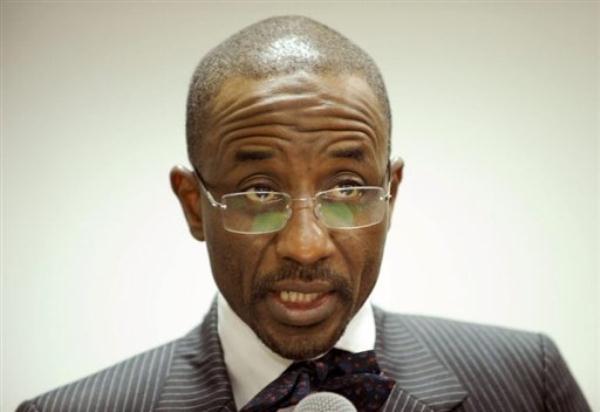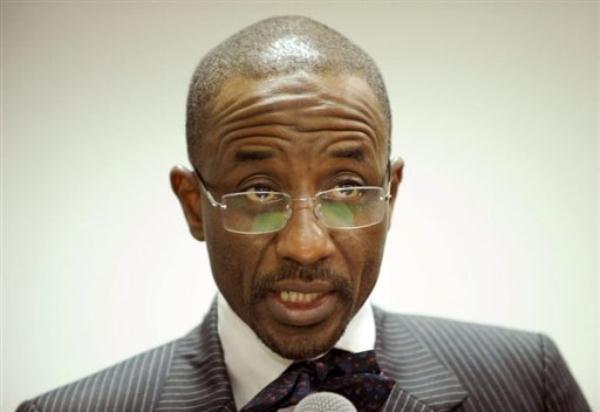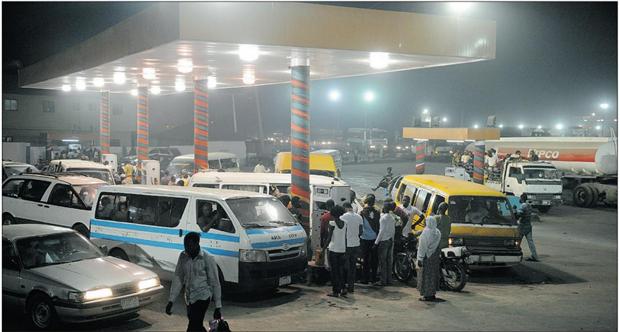Inflation biggest threat in 2011, says Khan
INFLATION has been identified as a key threat to the nation’s economy in 2011, even as it has remained static but on the high side in recent years.
This was made known at a media forum with the Regional Head of Research, Africa, Standard Chartered Bank, Razia Khan.
Khan was speaking on the bank’s view of the global economy with particular emphasis on the African and Nigerian economy.
She noted that the world economy had within the past few years, witnessed considerable changes, with Asia having the highest percentage of emerging markets.
According to her, based on a report by the International Monetary Fund (IMF), Africa dominates the list of world’s fastest growing economies, with Nigeria ranking 10th in a four years projection from 2011.
Other African countries that made the top 10 spot, according to the IMF report, are Ethiopia, Congo, Ghana, and Zambia.
While stating that increased consumption was largely responsible for growth in the African economy, she also noted that there was no clear relationship between its terms of trade and its Gross Domestic Product (GDP).
Specifically, she pointed out that the Nigerian economy had witnessed a considerably stable inflation rate but on the high side which, according to her, would, in the long run, have an adverse effect on the economy if proper actions are not taken to address the situation.
Speaking on the 2011 budget, she posited out that the increase in recurrent expenditure is not favourable to the Nigerian economy, as this would exert pressure on the naira.
While stating the importance of increase in capital expenditure, she stressed that there was need to focus spending that would provide infrastructure. This, according to her, would go a long way in accelerating the growth of the economy.
However, she pointed out that Nigeria had in 2010, witnessed its highest oil production since 2006, stressing that the recent increase in oil prices is the best period to ‘act wisely’, as this signifies impending growth potentials.
Source : Guardian








